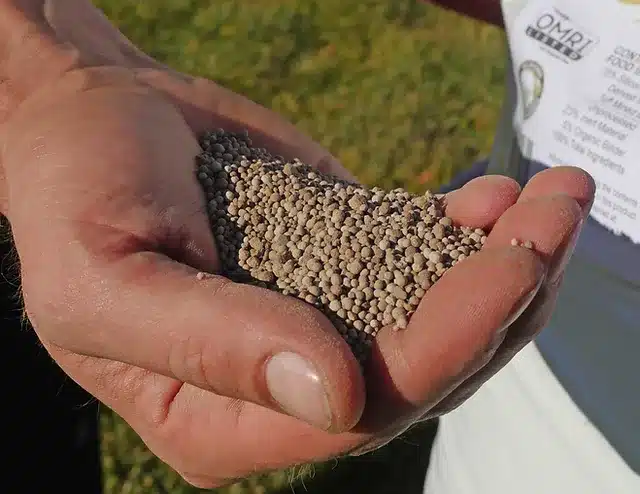Key Takeaways:
- PhoSul introduces a new phosphate fertilizer designed for sustainable agriculture, offering a solution that enhances crop production while reducing environmental impact.
- The fertilizer is organic, non-water-soluble, and provides plant-available P2O5, reducing nutrient runoff and improving soil health.
- PhoSul’s product is effective in a variety of soil types, suitable for both high and low pH conditions.
- The company’s formulation is competitive in the market, balancing agricultural efficiency with environmental sustainability.
- PhoSul aims to revolutionize fertilization practices with a focus on sustainability and responsible resource management.
PhoSul’s Sustainable Fertilizer Solution
PhoSul, a forward-thinking fertilizer company, has announced the launch of its innovative phosphate fertilizer aimed at transforming sustainable agriculture practices. The company’s commitment to environmental responsibility is evident in its product line, which is designed to enhance crop production while minimizing harm to the environment.
Unique Organic Phosphate Formulation
At the core of PhoSul’s product line is its unique phosphate fertilizer, which is both organic and non-water-soluble. This formulation allows for the efficient provision of plant-available P2O5, a crucial nutrient for plant growth. Unlike conventional fertilizers, which can contribute to nutrient runoff and water pollution, PhoSul’s product remains in the soil, promoting better soil health and reducing the risk of environmental damage.
James Samuelson, Co-Founder of PhoSul, explained the company’s approach: “PhoSul is the most sustainable and environmentally safe method of liberating rock phosphate for agricultural production in the world.” The company’s innovative process ensures farmers can fertilize their crops effectively while contributing to sustainable farming practices.
Versatility Across Soil Types
One of the key benefits of PhoSul’s fertilizer is its versatility. The product has been shown to work effectively in a variety of soil types, performing well in both high and low pH conditions. This adaptability allows farmers to optimize crop yields regardless of their soil’s characteristics, making it a valuable tool for modern agricultural practices.


